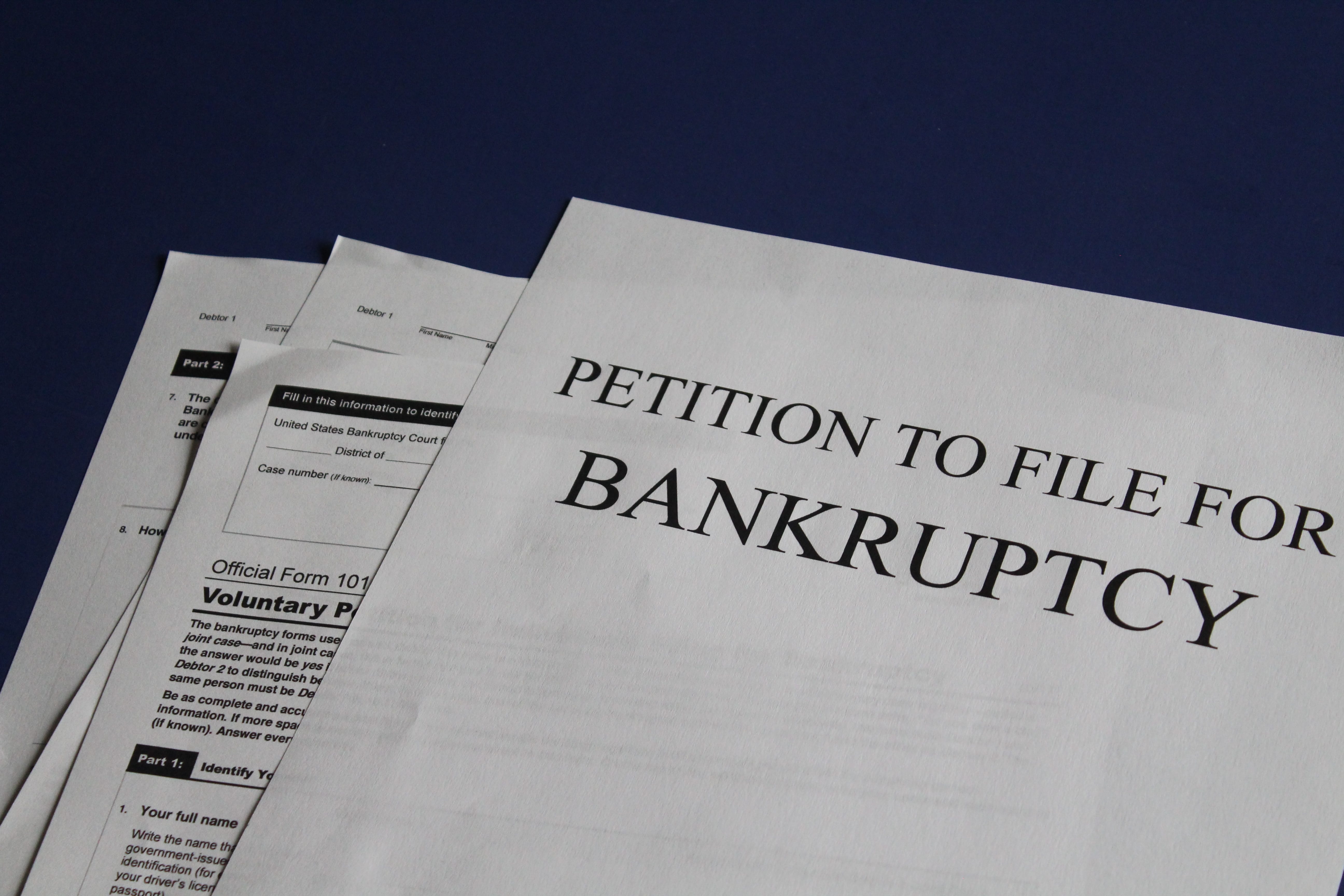You need to understand the benefits each chapter provides, given your financial circumstances and goals.
The decision to file for bankruptcy involves several smaller decisions, including whether Chapter 7 or Chapter 13 would be most beneficial given your unique circumstances. In many cases, it is a decision that is taken out of a potential filer’s hands. However, there are situations where someone who otherwise qualifies for Chapter 7 would opt for a Chapter 13 case.
Chapter 7 Bankruptcy
The most popular type of bankruptcy is a Chapter 7 case. These legal proceedings are relatively fast and result in the elimination of an individual’s non-priority unsecured debt. Unfortunately, a debtor must financially qualify for Chapter 7. Because a Chapter 7 case is designed for someone with limited resources and income, it is not an available option for every debtor.
There are two hurdles a potential Chapter 7 filer must clear. First is the “means test.” This calculation is used to determine your current monthly income. If your income is below the median average in your geographical area, you are eligible to file a Chapter 7. If it is above the median income, you still might qualify. A number of allowable deductions and expenses will be subtracted from your household income, including employment taxes, payments to secured creditors, and food and housing allowances to determine if you qualify.
The other second hurdle is the amount of non-exempt property a debtor owns. Chapter 7 is also referred to as a “liquidation” bankruptcy because you could be required to turn your assets over to a court-appointed trustee. The trustee would then sell the property, disbursing the proceeds to your creditors. Fortunately, there are state and federal exemptions available to protect your property. Depending on the jurisdiction where you file, you will either use your state’s exemptions or the federal ones. These protections allow you to keep your property. However, if you have non-exempt property, it will have to be sold. In this situation, it might be more beneficial to file Chapter 13.
Chapter 13 Bankruptcy
When an individual or couple files a Chapter 13 case, they are attempting to reorganize their financial obligations. Through Chapter 13, you could pay a portion of your debt while discharging other debts.
The key component in a Chapter 13 case is the bankruptcy plan. This three-to-five-year payment plan is proposed by a debtor and will include their intentions regarding their various creditors. For example, a Chapter 13 plan could state that a debtor will pay their mortgage arrears, overdue federal taxes, and a pro-rata amount to their unsecured creditors. While this process is not a negotiation with creditors, the plan must conform with the Bankruptcy Code. A creditor is entitled to object to the plan if it fails to comply with the code or properly address its claim.
Factors in Deciding Which Chapter of Bankruptcy is More Advantageous
As stated above, a filer might not have the opportunity to decide what chapter of bankruptcy they file. In most situations, Chapter 7 might be the best option as it is faster and does not require paying back your creditors. However, there are often other factors that influence a filer’s decision.
Type of Debt

Not all debt is created equally. If the bulk of your outstanding debt is unsecured credit card bills or medical expenses, Chapter 7 makes sense. An eligible filer could eliminate all their debt in as little as five months. However, there are other types of financial obligations.
Mortgage foreclosures are common. When a homeowner falls behind in their payments, a lender is entitled to foreclose on the property. By filing a Chapter 13 case, a filer will be permitted to pay back the money they are behind over five years. If you fell behind on your mortgage payments because of temporary job loss or other financial crisis, Chapter 13 could be the best option to keep your home. There is no mechanism to catch up on secured payments in a Chapter 7 case.
Non-Exempt Equity in Property
As stated above, you might own non-exempt property you would like to keep. For example, you could have $15,000 of non-exempt equity in your home and $60,000 of unsecured credit card debt. Under these circumstances, you probably do not want to have your home sold to satisfy a portion of your debt. Therefore, you could opt to file a Chapter 13 case and pay your creditors $15,000 over five years. Given these present facts, the remaining $35,000 of debt would be discharged. In many cases, a debtor is paying a lower amount than they would if they attempted to negotiate directly with their creditors.
Other Considerations
There are other considerations when deciding what chapter of bankruptcy to file that only apply in specific situations. One benefit in a Chapter 13 case that is not available in Chapter 7 is the ability to strip a second mortgage. Under certain circumstances, a Chapter 13 debtor could recategorize a second mortgage as an unsecured debt and discharge their financial obligation. It is important to note that this is rare and requires that the home is worth less than the first mortgage.
Another benefit found in Chapter 13 is the ability to “cram down” a car payment. If you purchased a car 910 days before filing your case, you might be able to lower car payments. When a vehicle is worth less than what is owed, a Chapter 13 debtor could propose paying off the car’s fair market value through their bankruptcy, discharging any remaining balance.
Filing for Bankruptcy Should be a Thoughtful Decision
You should never file for bankruptcy without weighing the various pros and cons. Additionally, you need to understand the benefits each chapter provides, given your financial circumstances and goals. Most people who file for bankruptcy will not have a choice of the type of case filed – their situation will dictate their decision. However, there are some cases where filing one chapter over the other makes more sense. It is also crucial to consult with an attorney for bankruptcy in your state.


Join the conversation!